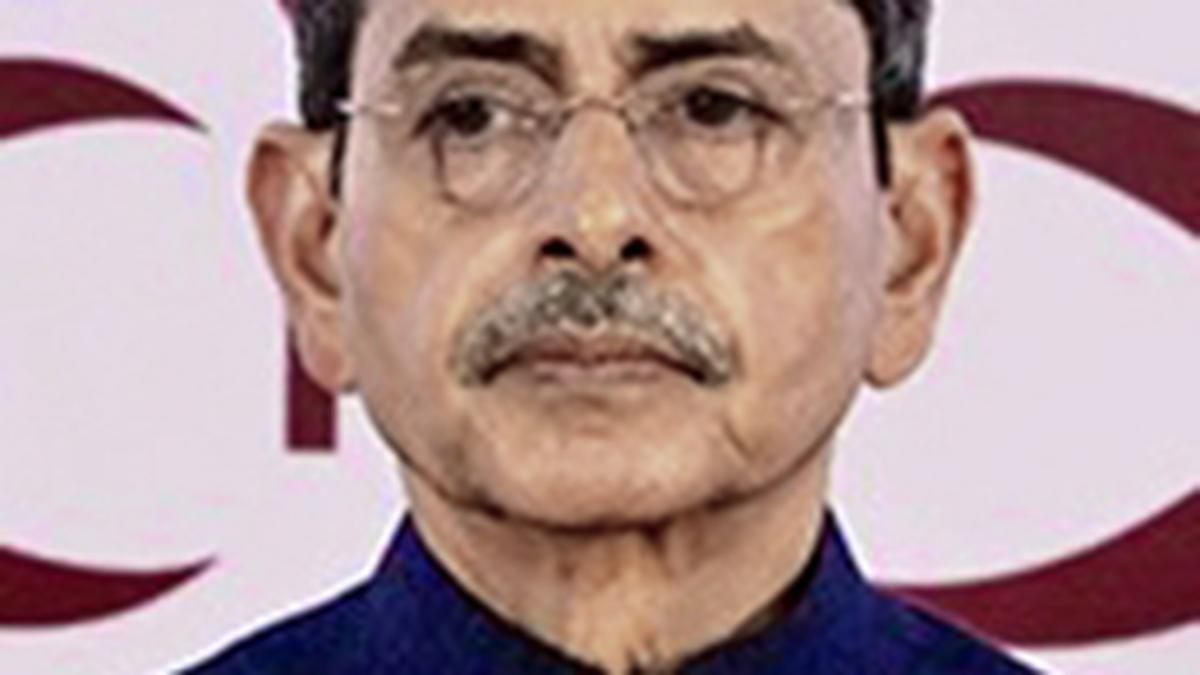
What was so ‘gross’ about the TN Bills that you kept them pending for over three years, Supreme Court asks TN Governor
The Hindu
Supreme Court questions Tamil Nadu Governor's delay in assenting to 12 Bills, sparking constitutional debate.
The Supreme Court on Thursday (February 6, 2025) asked what Tamil Nadu Governor R.N. Ravi found so “gross” about the 12 Bills the State government sent him for assent that they were kept pending for over three years.
A Bench of Justices JB Pardiwala and R Mahadevan recapped the trajectory of 12 Bills, mostly to do with higher educations and the appointment process of Vice-Chancellors in State Universities, for the benefit of the Governor, whose office was represented by Attorney-General of India R. Venkataramani.
Justice Pardiwala observed these Bills were sent by the State Legislature for consent to the Governor under Article 200 of the Constitution between January 2020 and April 2023. The Governor had sat on them indefinitely. Ultimately, when the State approached the top court against the Governor’s perceived inaction in November 2023, the latter had quickly referred two of the Bills to the President and proceeded to withhold consent on the remaining 10.
The judge said the 10 Bills were re-passed by the Tamil Nadu Assembly in a Special Session and sent to the Governor again for assent. This time, the Governor had proceeded to refer all 10 Bills to the President for consideration. The President had subsequently assented to one Bill, rejected seven and not considered the remaining two proposed laws.
The State government, represented by senior advocates Rakesh Dwivedi, Mukul Rohatgi, AM Singhvi and P. Wilson, argued the Governor’s conduct was that of a political opponent. Once the Bills were re-passed, Governor Ravi had no option but to give consent. Here, the Governor had countermanded the will of the people expressed through their elected representatives. His actions suited that of a “constitutional despot”, Mr. Dwivedi submitted.
Attorney-General Venkataramani said the State, through its submissions, was portraying the Governor as an “insignificant” authority occupying a “small place” in a constitutional democracy.
“We do not want to undermine the powers of the Governor… But, tell us, what is that something gross the Governor found that he kept these pending for three and odd years?” Justice Pardiwala asked.













